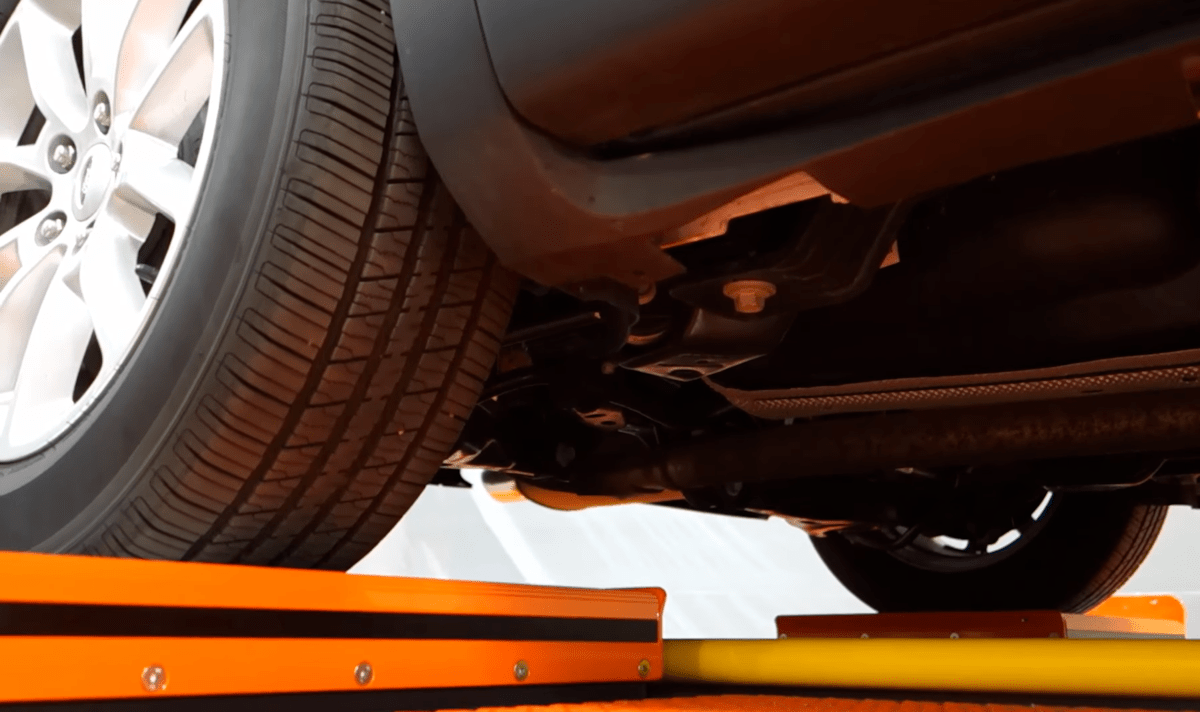EN 13749 High-Frequency Vibration Testing of Suspension
The European Standard EN 13749 defines high-frequency vibration testing methods specifically for railway and transportation suspension systems. This standard is crucial in ensuring the durability, safety, and performance of these critical components under dynamic loading conditions typically encountered during operation.
High-frequency vibrations can be a significant factor affecting the lifespan and reliability of railway suspensions. The standard provides detailed methodologies to simulate real-world operating environments where these suspensions are subjected to rapid changes in vertical position and acceleration. These tests help manufacturers and quality assurance teams identify potential weaknesses or design flaws before products reach end-users.
The testing procedure outlined by EN 13749 involves subjecting the suspension system to controlled, high-frequency sinusoidal vibrations within a specific frequency range (typically between 20 Hz and 500 Hz). The amplitude of these vibrations is gradually increased until failure occurs or other specified criteria are met. This process allows for comprehensive evaluation of how well the suspension can withstand stress without compromising functionality.
For accurate results, it’s essential to follow stringent procedures laid out in EN 13749 when performing high-frequency vibration tests on railway suspensions. Proper specimen preparation is critical; this includes ensuring that all components are clean and free from defects prior to testing. Additionally, environmental factors such as temperature control during the test can significantly influence outcomes.
Instrumentation plays a pivotal role in conducting these tests effectively. Advanced shaker systems capable of generating precise high-frequency vibrations with controlled amplitudes are necessary. Accelerometers placed strategically around the suspension allow for real-time monitoring and data collection throughout the testing process. Software tools provide analytical capabilities essential for interpreting test results accurately.
Acceptance criteria specified in EN 13749 dictate what constitutes a successful pass or fail based on predefined parameters like maximum allowable displacement, peak-to-peak acceleration values, etc. Compliance with these standards ensures that only reliable and safe products enter the market, contributing to overall public safety and satisfaction.
In summary, understanding and adhering strictly to EN 13749 is vital for any organization involved in railway or transportation suspension manufacturing or quality assurance. By following this standard’s procedures meticulously, stakeholders can ensure their products meet rigorous international standards while also enhancing trust among consumers who rely on safe and efficient transport systems.
Eurolab Advantages
At Eurolab, we pride ourselves on delivering unparalleled expertise in railway and transportation testing services. Our state-of-the-art facilities equipped with cutting-edge technology make us the premier choice for organizations seeking high-quality EN 13749 compliance.
Our experienced team of engineers specializes in interpreting complex standards like EN 13749, ensuring that every aspect of your product undergoes thorough examination. With our comprehensive suite of testing capabilities, we offer a full range of services tailored to meet the unique needs of various industries within the railway and transportation sectors.
We understand that time-to-market is crucial for businesses operating in competitive markets. That’s why Eurolab prioritizes efficiency without compromising on accuracy or reliability. Our streamlined processes allow us to complete tests quickly while maintaining the highest standards set forth by EN 13749.
Moreover, our commitment to continuous improvement means that we stay updated with the latest developments in testing methodologies and equipment. This allows us to provide you with insights beyond mere compliance – helping drive innovation within your organization’s product development cycle.
Choosing Eurolab for EN 13749 high-frequency vibration testing not only guarantees adherence to international standards but also positions your company at the forefront of industry best practices. Let us help ensure that your suspension systems are robust enough to handle even the most challenging operational conditions confidently.
Competitive Advantage and Market Impact
The ability to demonstrate compliance with EN 13749 can significantly enhance a company’s reputation in the competitive railway and transportation sectors. By ensuring that all products meet or exceed these stringent requirements, organizations can build customer trust and confidence.
Compliance with international standards like EN 13749 also opens up opportunities for global expansion. Many countries have adopted similar regulations which require manufacturers to prove compliance before entering local markets. Having a certification from an accredited lab such as Eurolab adds credibility and reduces barriers to entry into these markets.
Furthermore, adhering to best practices outlined in EN 13749 can lead to reduced maintenance costs over the lifecycle of the product. By identifying potential issues early through rigorous testing, companies can design more durable products that require less frequent repairs or replacements. This not only benefits end-users but also contributes positively towards sustainability goals.
From a regulatory perspective, compliance with EN 13749 demonstrates proactive adherence to safety regulations and environmental considerations associated with railway transportation. It shows commitment to responsible manufacturing practices which is increasingly valued by consumers who prioritize ethical sourcing and sustainable operations.
Use Cases and Application Examples
The application of EN 13749 goes beyond mere compliance; it serves as a tool for continuous improvement in railway suspension design. Here are some practical use cases:
R&D Innovations: By subjecting new designs to rigorous high-frequency vibration testing according to EN 13749, engineers can identify areas requiring improvements early on in the development process. This accelerates innovation while minimizing costly rework later stages.
Quality Assurance: Regularly conducting these tests helps maintain consistent quality across production batches ensuring that every single suspension component meets strict performance expectations.
Supplier Evaluation: When sourcing components from external suppliers, compliance with EN 13749 provides a reliable way to assess supplier capabilities and ensure they meet the same high standards as in-house manufacturing processes.
Regulatory Compliance: For companies operating globally or selling into specific regions where local regulations align closely with EN 13749, demonstrating compliance ensures seamless market access without delays due to non-conformance issues.





